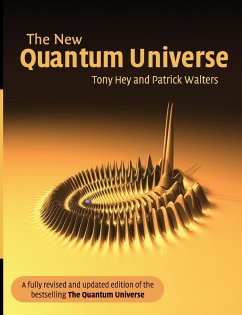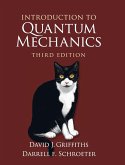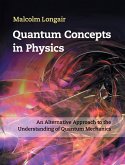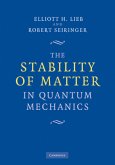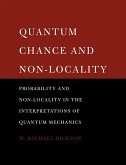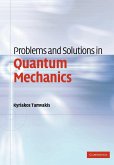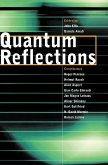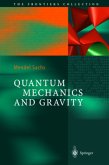Following the success of The Quantum Universe, first published in 1987, a host of exciting new discoveries have been made in the field of quantum mechanics. The New Quantum Universe provides an up-to-date and accessible introduction to the essential ideas of quantum physics, and demonstrates how it affects our everyday life. Quantum mechanics gives an understanding of not only atoms and nuclei, but also all the elements and even the stars. The book explains quantum paradoxes and the eventful life of Schroedinger's Cat, along with the Einstein-Podolsky-Rosen paradox and Bell's Inequality. It then looks ahead to the nanotechnology revolution, describing quantum cryptography, quantum computing and quantum teleportation, and ends with an account of quantum mechanics and science fiction. Using simple non-mathematical language, this book is suitable for final-year school students, science undergraduates, and anyone wishing to appreciate how physics allows the new technologies that arechanging our lives.
Hinweis: Dieser Artikel kann nur an eine deutsche Lieferadresse ausgeliefert werden.
Hinweis: Dieser Artikel kann nur an eine deutsche Lieferadresse ausgeliefert werden.

